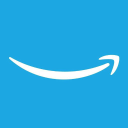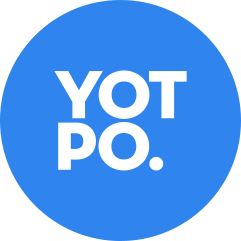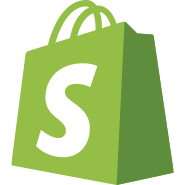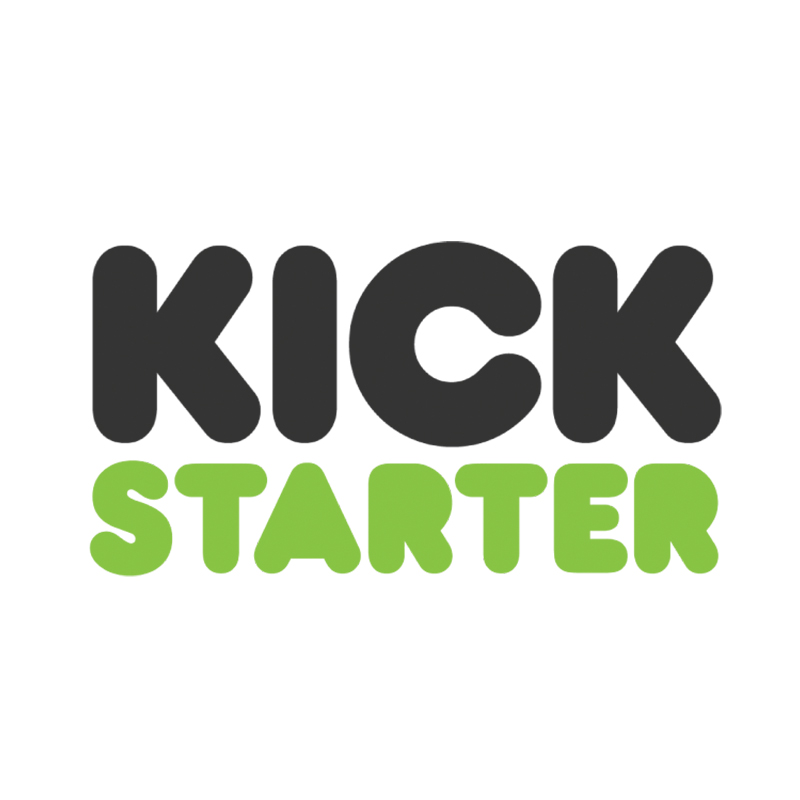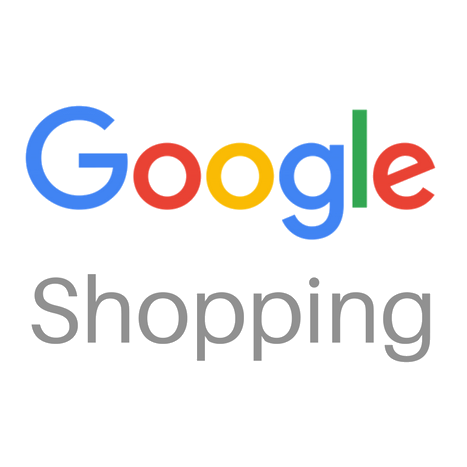How We Created A $53K/Month Innovative Water Bottle
Note: This business is no longer running. It was started in 2015 and ended in 2023. Reason for closure: Shut down.
Hello! Who are you and what business did you start?
My name is Jesse Hambly, I’m 1 of 3 brothers working at Pressa Inc. Luke and Mason are full-time founders as well. We have a diverse background, Luke manages engineering and manufacturing duties. Mason is in charge of media, content creation and strategy, and I (Jesse) oversee marketing, operations, and customer relations. We’ve been in business since 2015 where we’ve been selling our flagship product, Pressa Bottle. Pressa Bottle is a unique water bottle that allows the user to juice and press real fruit into any beverage.
Our company operates at just over $50k per month and we do this primarily through our .com and Amazon. We do sell in a few retailers which are Saks Fifth Avenue, Dillards and Uncommon Goods. The product lends itself well to the healthy/active crowd but we also sell a lot of units for flavored cocktails.


Download the report and join our email newsletter packed with business ideas and money-making opportunities, backed by real-life case studies.

Download the report and join our email newsletter packed with business ideas and money-making opportunities, backed by real-life case studies.

Download the report and join our email newsletter packed with business ideas and money-making opportunities, backed by real-life case studies.

Download the report and join our email newsletter packed with business ideas and money-making opportunities, backed by real-life case studies.

Download the report and join our email newsletter packed with business ideas and money-making opportunities, backed by real-life case studies.

Download the report and join our email newsletter packed with business ideas and money-making opportunities, backed by real-life case studies.

Download the report and join our email newsletter packed with business ideas and money-making opportunities, backed by real-life case studies.

Download the report and join our email newsletter packed with business ideas and money-making opportunities, backed by real-life case studies.





